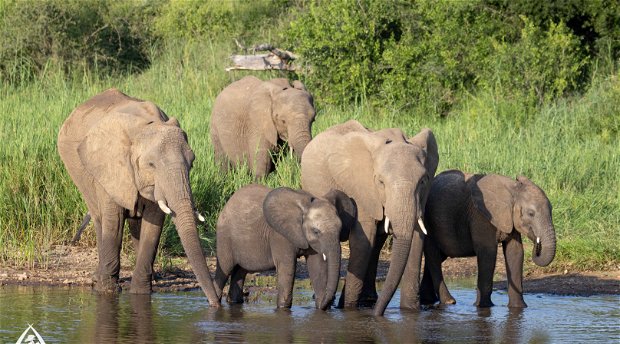Elephants
Trunks, Tusks & Tiptoes: The Remarkable Anatomy of Elephants
Elephants are some of the most iconic animals on the planet, and encountering them on safari is always a powerful moment. But beyond their size and presence lies a world of incredible adaptations that help them thrive in their environment. From their trunks to their toes, every part of an elephant has evolved to serve a specific purpose—and the results are nothing short of remarkable. Here are five fascinating facts about elephant anatomy that might just make you appreciate these gentle giants even more.
Elephant families and the rise of multi-generational safaris
Did you know that most animals don’t have grandmothers? At least not in the way that we, as humans, do. Elephants, however, are one of the few species with whom we share this trait. Research shows that elephants born to young mothers are up to eight times more likely to survive if their grandmother is around. Wisened by years of child-rearing, leadership and life experience, elephant grandmothers are a critical support system and source of guidance to their families. Not unlike us.







Share This Page